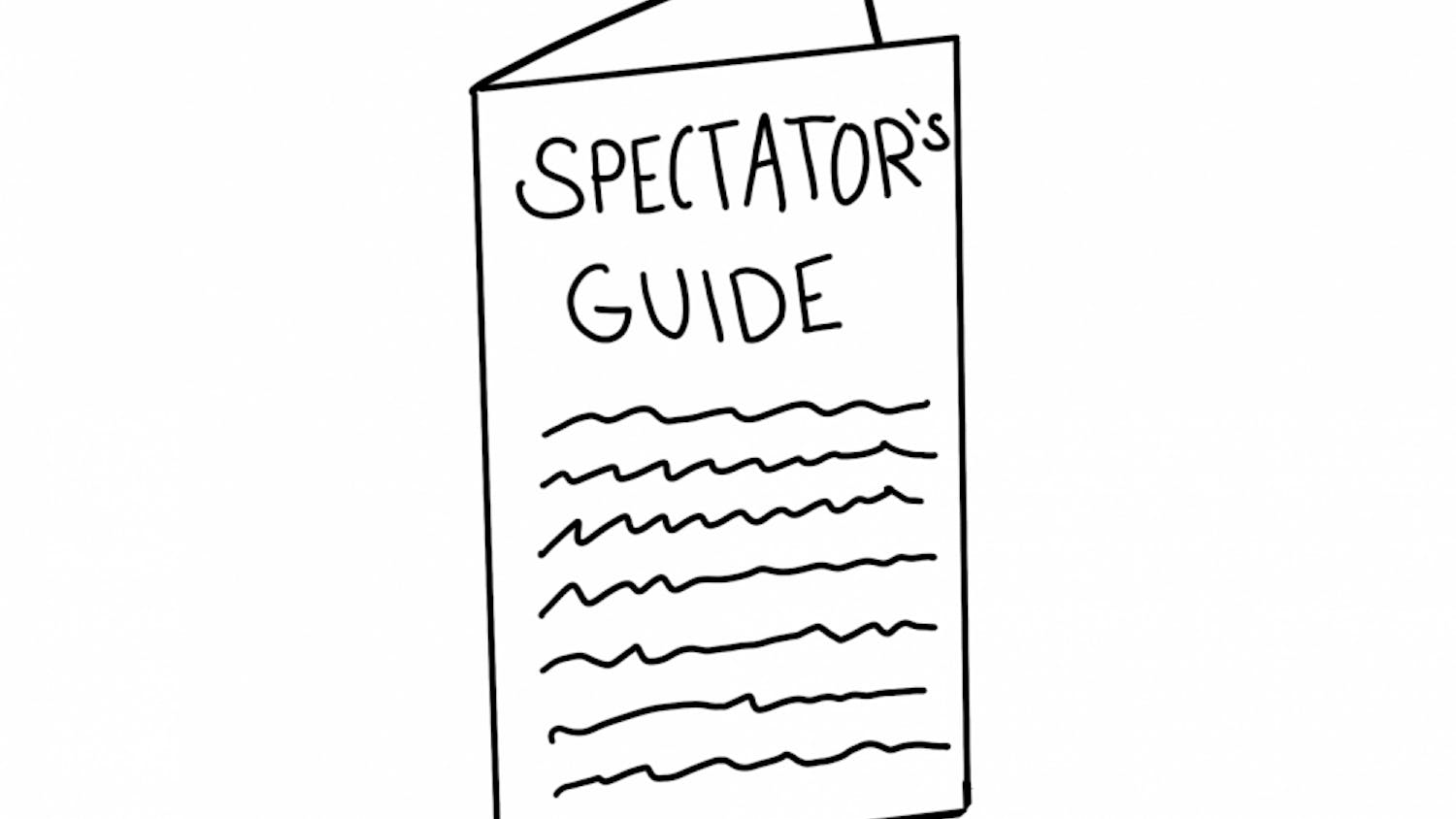MAGNOLIA PICTURES
We are in another age of heroism. With every great struggle of each national and international drama, protest, activists and general outcry fill the air. Hope for a better future may seem, at times, in short supply, but the general rage at the current state of affairs is a reminder that people care and are actively working to fight for any and every small improvement. The #MeToo movement, to take one example, is surely a leaf on the same tree as the anti-war and the civil rights movements of earlier times. It is not unreasonable to wonder who will become the next Martin Luther King Jr. or Mahatma Gandhi.
In many ways, it will not be Fred Rogers. Rogers was not the man leading protests. He was not in the streets with angry signs. He did not use his celebrity status as a jumping board for political activism. His big political moment was when he won funding for PBS, not by yelling or politicking, but by reciting a children’s song about restraining one’s anger. Rogers was a wealthy, white Christian who grew up to be the soft-spoken, cardigan-wearing host of a children’s show. One director described his show as the opposite of everything that marks good television. Yet he was the subject of last Saturday’s film of the Hirschfield International Film Series, which attracted what many called the largest crowd seen at a such an event. There were tears in routinely dry eyes. At the film’s conclusion, François Clemmons, who portrayed Officer Clemmons on the program and was a friend of Rogers’ and of Middlebury, said through tears, “I have never before been speechless.”
What did Fred Rogers ever do to earn such reverence? His show was, admittedly, unique in many regards. Yet this reverence transcends artistic independence. Rogers did something truly revolutionary. Rogers told children that, no matter who they are, they deserve to be loved. And he believed it.
That message lost no power as it traveled through half a century and a black and white projection to the audience in the Dana Auditorium. One has to wonder if the overwhelming emotion the audience felt was for Rogers or for themselves, having been told for the first time in who-knows-how-long that they are unique, special, lovable and loved. It makes one wonder what sort of world we would live in if everyone was reminded of that fact more often. That is precisely what Mr. Rogers was doing.
Can it really be that simple? It’s one thing to say you love someone, even if you say it slowly with some emotion and conviction behind it. But could that actually have such an effect on people? On grown adults as well as children? They should know that they’re loved without needing constant reminders, right? The Hirschfield event showed the powerful necessity of those three words. (Fun fact: Fred Rogers weighed exactly 143 pounds for years, which to him represented the number of letters in each word of “I love you.”). Not only was Dana Auditorium packed at 3 p.m. on a Saturday during the event-filled Fall Family Weekend, but there was a noticeable energy buzzing silently through the theatre during Clemmons’ Q&A. This was not a film that people enjoyed so much as one they didn’t know that they needed.
There is no doubt that the world needs, now as much as ever, those dynamic, exuberant social figures and forces such as Mahatma Gandhi, Martin Luther King Jr. and #MeToo, but perhaps we should also remember the unimaginable power of simply loving each other. If we start with love, and end with love, maybe we can bring people that much closer together. Could there be a bigger need to bring people together than now when our campus and our country is often diametrically divided? It’s as simple as saying, “Won’t You Be My Neighbor?”
Love Brings People Together

Comments



